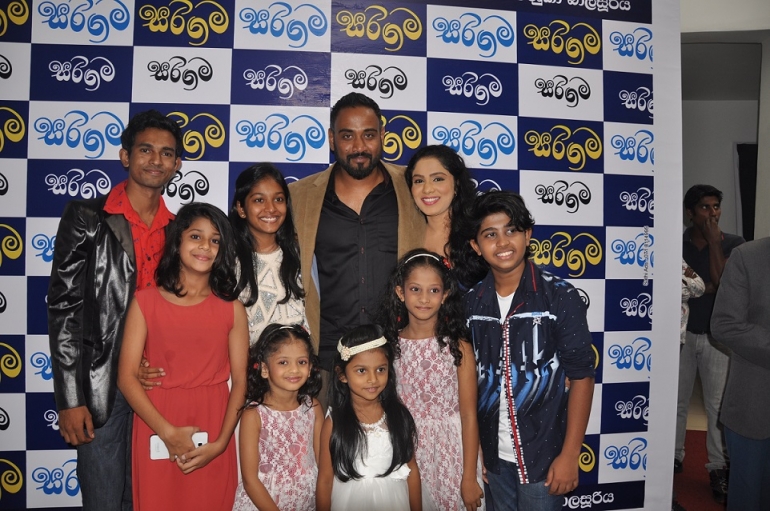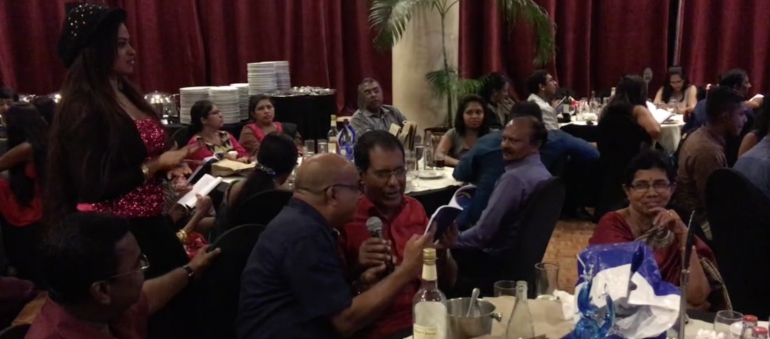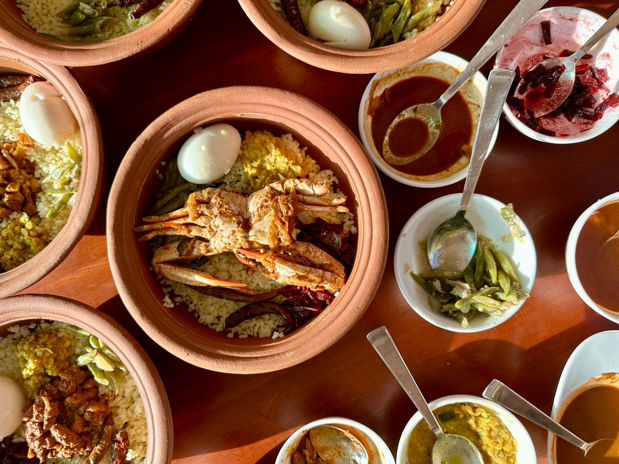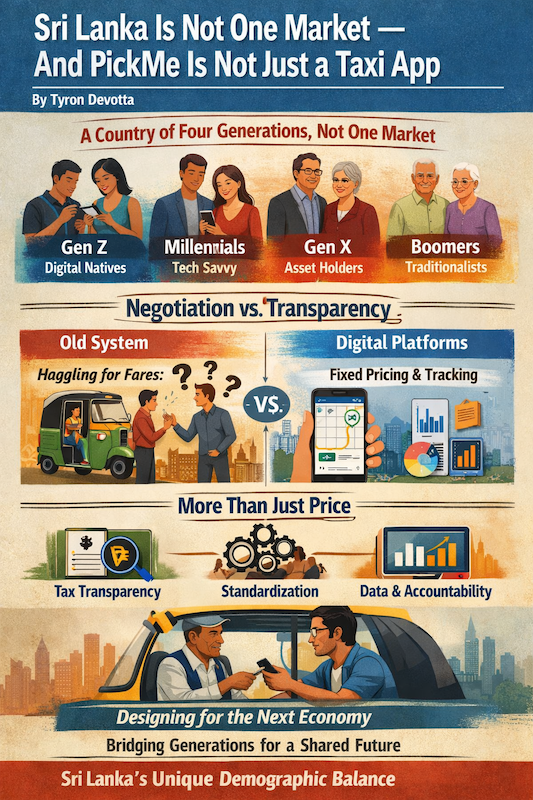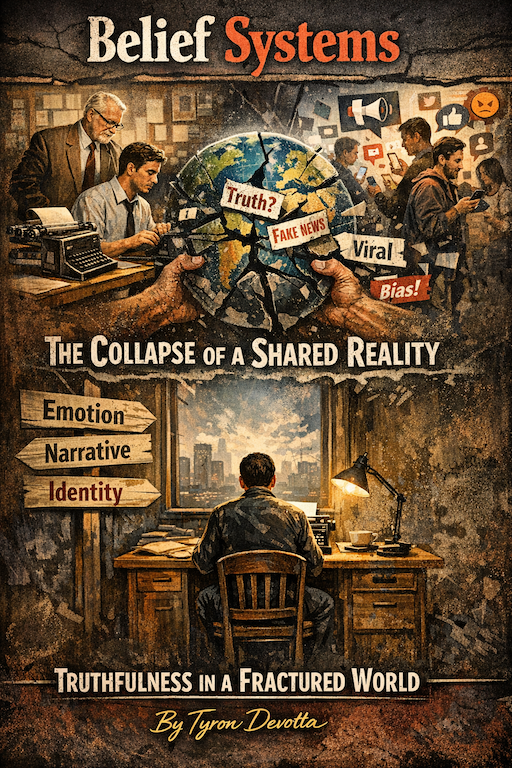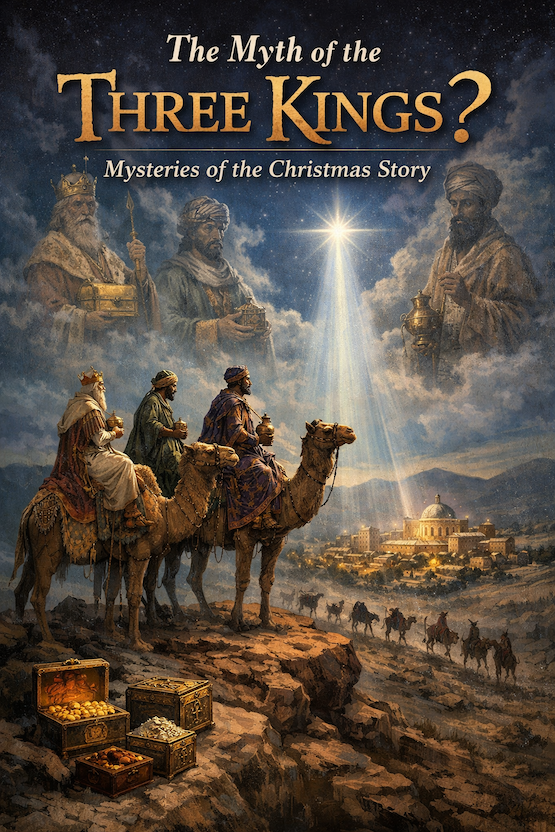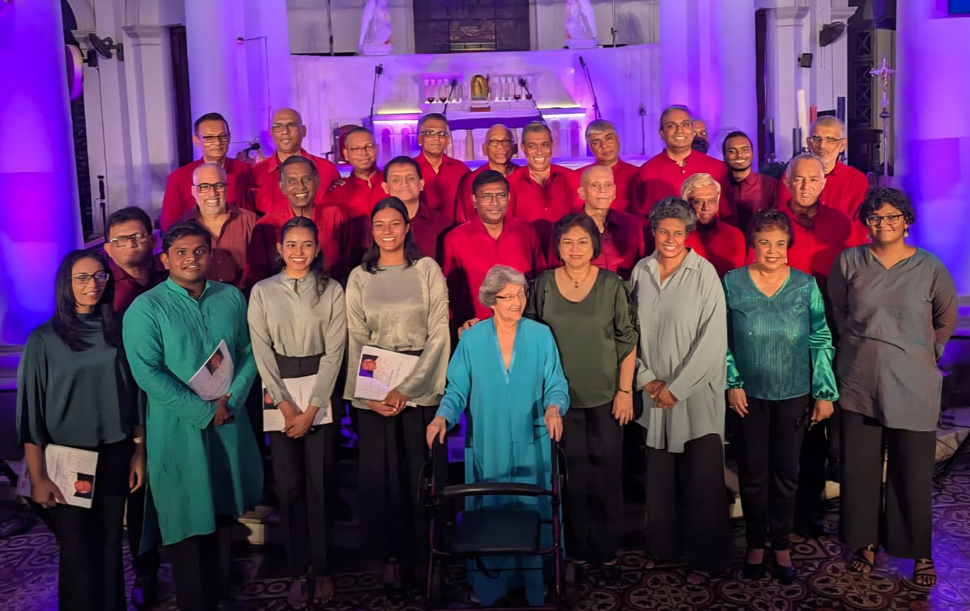Two school leavers (A/L's) were given the task of trawling the internet to gather information of the first eight Prime Ministers of Sri Lanka. Their job was to figure out the think of these leaders. After gathereing as much information as they could, they were posed the question: “If these leaders were alive today, would they allow an international body to investigate allegations regarding the human rights violations that took place during the Sri Lankan civil war?”
They then gave their opinions, taking into consideration the curated information, paying close attention to the past actions of these Premiers, as well as their policies, backgrounds and even their personalities.
They came to the following conclusions; Mr. D.S.Senanayake and Mr J.R. Jayewardene would agree to an international probe into this matter, while the Premiers noted for their strong nationalistic policies such as Mr. S.W.R.D Bandaranaike, Mr. Wijeyananda Dahanayake and Mrs. Sirimavo Bandaranaike would appoint domestic court. Mr. Dudley Senanayake and Sir John Kotelawela would prefer to use a domestic body, however may accede to a hybrid court if the situation demanded it. They further concluded that Mr. Ranasinghe Premadasa would also prefer to appoint a local probe.
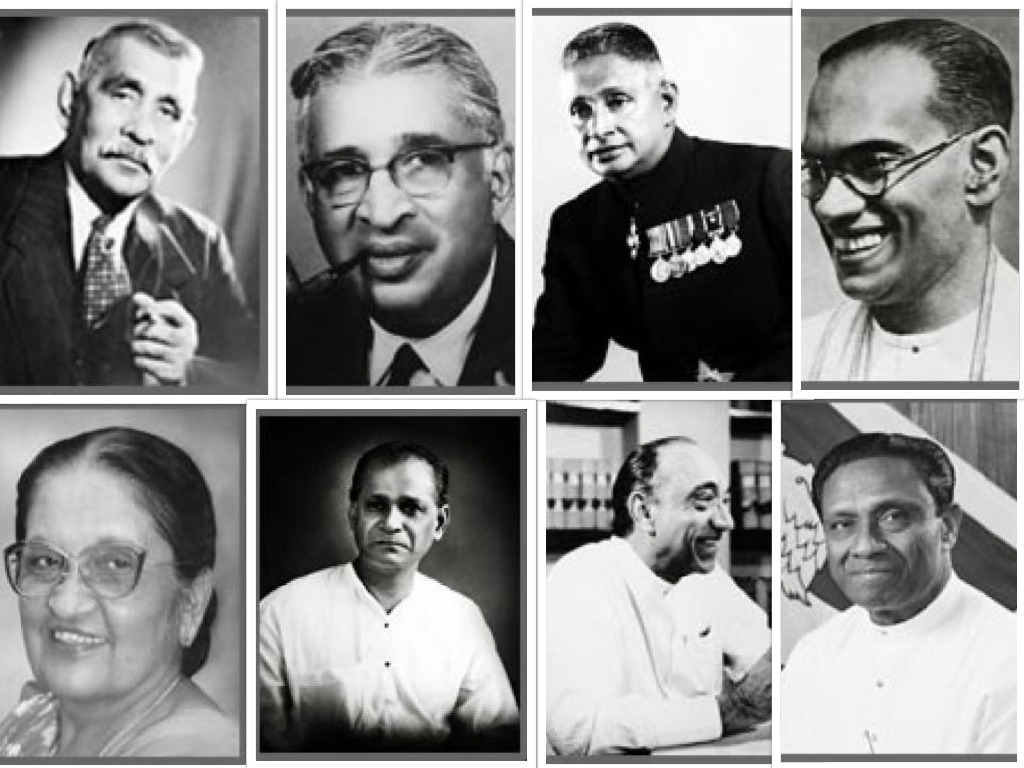
(Images courtesy of The Prime Ministers Office official website of the Democratic Socialist Republic of Sri Lanka)
D.S Senanayake:
He was a true patriot and he believed that “Sri Lanka's foreign policy should be based mainly on the country's national interest, especially in economic terms and in the long run it should create a situation where Sri Lanka was a friend of all and enemy of none.”
In this scenario although he fought for independence and the country’s emancipation from the British, coming to a final answer and cooperating with the UNHRC council would be of the utmost importance. Not only because he would want to maintain good international relations but also because he would want justice to be served.
“One area of widespread criticism is the agreement he signed with Britain at Independence for defence and external relations. While some saw it as continued enslavement, others close to the thinking of D.S said his principal aim was to protect Sri Lanka's air and sea routes to facilitate its exports and imports. They say, he tied up with British missions abroad so as to gain full advantage for Sri Lanka in trade and economic terms.” This shows that as a leader, he would make decisions strategically and tactically, with the country’s best interest always in mind. Therefore in order to sort out this issue, D.S.Senanayake would appoint a local probe to gather all the facts in a balanced, unbiased way. But he may obtain assistance from certain foreign entities, if it proved to be useful.
Dudley Senanayake:
Dudley Senanayake was a patriot just like his father, however he was not a strategic mastermind like D.S. Senanayake. Although popular for his middle path policies, his first priority was always to his country.
“The most important things about him, are his unchallenged integrity and his loyalty to his party. No allegations of dishonesty, ever slurred his name.
He was a firm believer in democratic practices, free and fair elections, freedom of expression, respect for human rights and the independence of the Judiciary etc. In terms of economic policy, he believed in growth but not at the expense of social justice.”
One can argue that Dudley Senanayake would fight to appoint a local body to probe into the human rights violation issue rather than an international one, as he believed in the independence of the justice system and the sovereignty of the people. His loyalty to his people would trump any need to maintain peaceful international relations. Therefore one can say that Mr.Dudley Senanayake would chose to appoint a domestic body to investigate these matters, rather than an international body. However, it is questionable as to how successful this method would be.
Sir John Kotelawala:
Being a Colonel and the a General himself, Sir John Kotelawala had a great regard for the military. Therefore accusations against the military would not be taken lightly.
“Though outwardly wayward and pro-western, Sir John for the first time gave a regional dimension to Sri Lanka's foreign policy when he convened a meeting of Asian foreign ministers which eventually led to Bandung and then to the Non-aligned Movement.” (1955)
This shows that although he appeared to be pro western and to a certain extent he did support the continued military presence of the British in Ceylon, his first duty was always to his country and his people.
It can be argued that he would most likely want to take matters into his own hands and address the issue, through the use of a local probe. He would do this to the best of his abilities.
However this statement: “Though he strongly criticized the racist attitudes of many westerners, particularly British colonial officials, he did support the continued military presence of the British in Ceylon”, allows us to argue that Sir John Kotelawala wasn’t completely opposed to foreign presence and may have agreed to a hybrid court if he judged that to be the better choice for the country.
S.W.R.D Bandaranaike:
“In 1956, with the social revolution of S. W. R. D. Bandaranaike Sri Lanka also saw the emergence of a foreign policy of positive neutrality with strong ideological and political currents.
He negotiated the withdrawal of British bases but did not seek a review of the defence or external relations agreements with Britain, apparently because he saw the economic value in those. Bandaranaike viewed the removal of the two bases as essential for the independence and neutrality of Ceylon.” Mr. S.W.R.D.Bandaranaike’s foreign policy was one of neutrality and nonalignment. He preferred to keep them at arm's length while taking a pragmatic approach towards international relations.
Bandaranaike once stated: “we are faced with the problem of converting a colonial society into a free society and a problem within it of achieving task in the context of a world which itself is changing…… we like to be friendly with all and like to obtain what is advantageous to our own society while following our own way of life”
The above statement shows that as a strong nationalist, S.W.R.D. Bandaranaike made calculated decisions that he thought were in the best interests of his people. His achievements and reputation in the international arena speaks volumes of the success of his foreign policies. As a leader he was someone who wanted to maintain civil and amicable international relations while upholding peace within the country. One can argue that he would try to find a solution that would please both the people and the UNHRC, however past examples show that he would most likely appoint a local body to carry out the investigation while cooperating with the UN.
Wijeyananda Dahanayake:
Dahanayake was a strong believer in left-wing political ideologies, coupled with the nationalistic principles similar to his contemporaries such as SWRD Bandaranaike. Given this, he would oppose the implementation of a hybrid court.
“The simple man from the South assumed power under emergency rule proclaimed immediately after the Prime Minister's (SWRD Badndaranaike’s) killing. Declaring that 'D' in his name stood for 'Discipline,' he set about his task by first imposing a rigid censorship on the Press thereby silencing any opposition to him.”
“He used to tell his students that they should not fear to fight the ‘British imperialists’ and, true to what he preached, he led a black flag demonstration to the Galle Fort with his students shouting slogans against King George VI silver jubilee celebrations.”
Given his strong antinomy to Imperialism, it could be assumed that he would display disapproval, though not as directly, of foreign involvement in an otherwise national issue.
Sirimavo Bandaranaike:
“Bandaranaike set about implementing her electoral promises, a major one of which was that the SLFP would convene a constituent assembly and give the country a republican constitution. This was duly done in 1972, and the island reacquired its ancient name, Sri Lanka.”
Similar to her late husband’s policies, Sirima Bandaranaike would follow a nationalistic approach that would reject foreign interference, unless it was a state of emergency. The continuance of SWRD Bandaranaike’s non-aligned foreign policy during her term conveys a wish to maintain positive international relations, but in a local sphere, a socialist decision making process would look more to the needs of the people than the international community.
J R Jayewardene:
J R Jayewardene is noted for his free market policies and his American-style foreign policies. He was considered a strategist, perceptive in making decisions. With his foresight, he would approach the situation considering what would be more opportunistic in the long run.
“Since the national living index was not comparable to that of the Asian Countries, and especially to those bordering the Indian ocean, the local government and governance was no solution, and was not conducive to international politics. Thus, the country/nation veered towards youth uprisings, political upheavals, demonstrations and conspiracies towards the seventies.”
“Broadly speaking, JR's economic policies were based on principles of a free market economy with the state providing infrastructural facilities for private investment, similar to the Singapore model.”
His attempts to turn around the economy were unlike the policies that preceded him.
“As he had done earlier while in opposition, JR's principal task was to reorganize the party. His relations with Dudley Senanayake became somewhat strained because of differences over the party's role, but their long association and friendship did not rupture. With Dudley's death in 1973, JR was the unanimous choice for the UNP presidency. Earlier he had been the party's treasurer, secretary, and vice-president. Alongside his varied political and organizational experience, his position as the top UNP leader left him free to effect his socio-economic and political ideas.”
He had an astute understanding of what changes had to be made to achieve progress.
However his decisions were often criticized by rival politicians such as Sirimavo Bandaranaike of being cruel. “She (Sirimavo Bandaranaike) blamed him for the violence that had torn Sri Lanka apart. Inflation, unemployment and "the stench of corruption" at the highest reaches of society, she said, had created disaffection among the young.”
Thus it could be assumed that he would infact agree to a hybrid court, understanding the importance of the participation of foreign judges and lawyers while standing by his liberal democratic policies.
Ranasinghe Premadasa:
“While he was living his 200-garment factories project was the butt end of jokes and was roundly ridiculed. Today, just 10 years later, the garment industry is a US $ 2 billion enterprise, runs 890 factories, employs a million people and is the mainstay of the country's export economy.’
Premadasa’s far-sightedness could be seen in his keen interest in improving domestic industry, which received much criticism during the time of implementation.
“President Premadasa’s style of governance was not strategic, diplomatic or discrete. On the contrary it was open, cut and dry and predictably straightforward. His style of governance was reflected in some of the hard decisions he made such as forcefully prevailing on the Indian Government to withdraw the IPKF and declaring the British High Commissioner David Gladastone persona non grata and sending him home”
However considering his radical style of governance, it is assumed that he would not approve of an international probe in this situation.
Editors Note: This certainly is an interesting exercise in the curation of information which is already available and coming to conclusions from that point of view. It is pluralistic and obviously helps from an objective approach to this subject. Also since these were done by these two young people who do not have any mainstream biases it certainly brings out a new perspective to this whole question of international or domestic inquiry.
It is the Telesis way of thinking which is "progress that is consciously planned and produced by intelligently directed effort". This article in no way intends any disrespect to our national leaders of the past but is our way of creating a formula and thereby get hypothetical answers to complex questions of the present .



